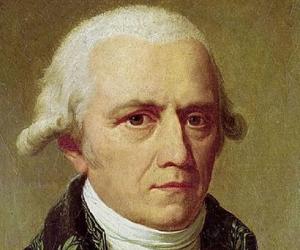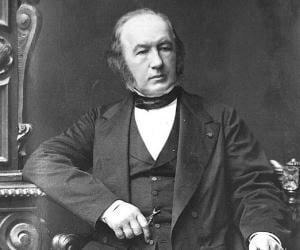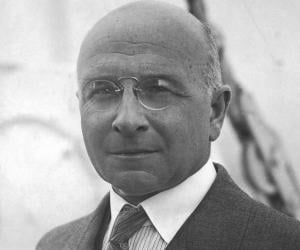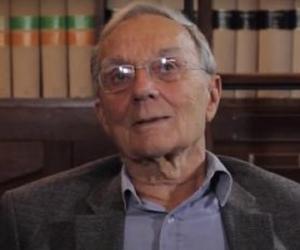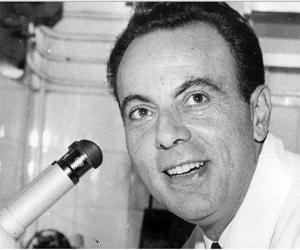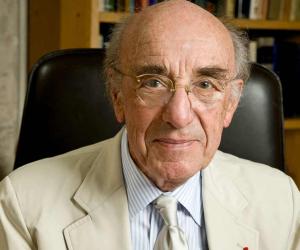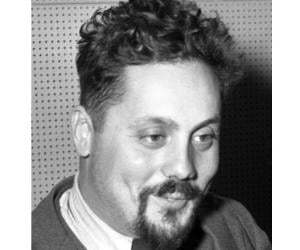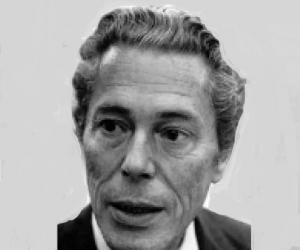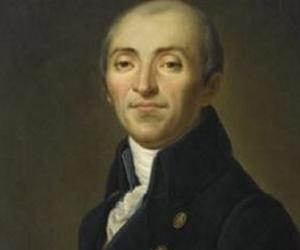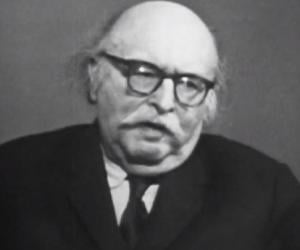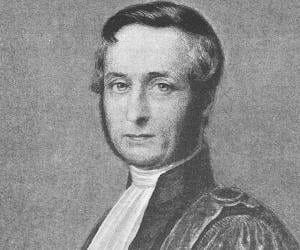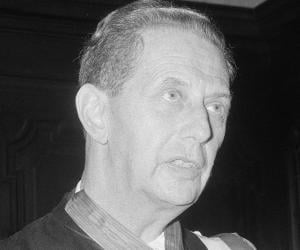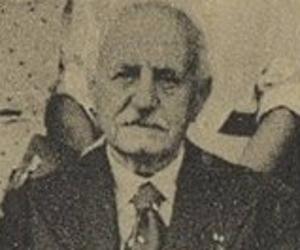1
Jean-Baptiste Lamarck
(Naturalist and Biologist Best Known for Proposing that Acquired Characteristics can be Inherited.)
Birthdate: August 1, 1744
Sun Sign: Leo
Birthplace: Bazentin, France
Died: December 18, 1829
Jean-Baptiste Lamarck was a French naturalist, biologist, academic, and soldier who made significant contributions to the fields of botany and zoology. He gained recognition for his work on invertebrate classification and was one of the first to use the term "biology" in its modern sense. Lamarck's most famous contribution is his theory of inheritance of acquired characteristics, known as Lamarckism, which proposed that organisms could pass on traits acquired during their lifetime to their offspring. His work laid the foundation for early evolutionary theory and continues to be debated in modern scientific discussions.
